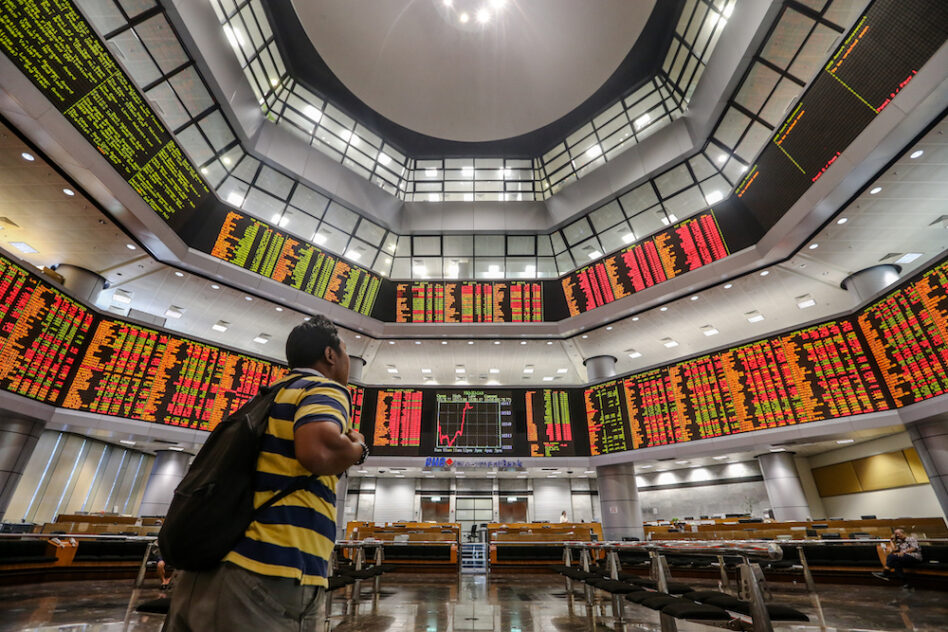THE impact of the Covid-19 pandemic on the economy is guaranteed to affect many individuals and businesses in many ways, including their tenancy agreements. The best way forward is for parties to be understanding and compromise wherever possible.
The time, effort and costs for parties to litigate often outweigh the cost of agreeing to a compromise. If rent can be discounted or deferred, it is certainly worth considering.
In a frequently asked question (FAQ) issued by a legal firm, Thomas Philip Advocates and Solicitors, there is some clarity as to what parties can or cannot do in such situations.
It said for most tenancy agreements, the MCO does not affect a typical tenancy agreement.
“It is only if the tenancy agreement has a force majeure type of clause that the MCO may have an impact on the agreement.
“A force majeure clause essentially states that if an unexpected event (for example acts of God and declaration of war) occurs beyond a party’s control, certain contractual obligations of parties will be suspended as they are unable to perform the contract due to the said unexpected event. Depending on how the clause is drafted, it could also be that the entire contract is terminated and not suspended,” it said.
Therefore, it is possible for a tenancy agreement to contain a force majeure clause to suspend obligations such as paying rent due to the unforeseen MCO.
However, the typical tenancy agreement does not have such a clause and thus, in reality, the MCO is unlikely to affect the vast majority of tenancy agreements out there.
Below are some common FAQs for tenancy agreements and their terms.
Is rent still chargeable?
Yes. Unless the tenancy agreement has a force majeure clause as explained above, rent is chargeable and has to be paid even in the MCO period.
Interestingly, Singapore proposed a Bill on April 2, known as the “Covid-19 (temporary measures) Bill” to put in place various legal measures to assist businesses during this period. One of the proposed measures is to suspend the obligation of non-residential tenants to pay rent for a period of six months. The rent still accrues, but the tenant is not legally required to pay the rent for the period fixed by parliament.
No such proposal has been made in Malaysia yet, and so there is no legal right for tenants to withhold payment despite Covid-19 and the MCO.
Can the tenant ask for lower rent?
The tenancy agreement is just like any other contract between private parties. Once a tenancy agreement is signed, it forms a valid and binding contract between two parties. Any change to the contract can only be done in the manner prescribed under the contract, which usually means that all parties must agree to the change.
A tenant can always request for a discount to the rent, or for the payment obligation to be deferred. However, such change (be it a discount or deferment) can only be valid if the landlord agrees to it. If the landlord rejects the request, the tenant is legally required to continue performing the tenancy agreement.
What happens if the tenant fails to pay rent?
Almost all tenancy agreements will have a “termination clause” which operates to entitle the landlord to terminate the tenancy in the event of breaches, including failure to pay rent. The landlord can terminate the tenancy by serving notice to the tenant in the manner required in the tenancy agreement.
Even if there is no “termination clause”, it can be argued that the tenant’s failure to pay rent constitutes a fundamental breach of the tenancy agreement that entitles the landlord to terminate the same. In all situations, the landlord should act reasonably by giving sufficient notice to the tenant.
What happens if the landlord terminates the tenancy agreement?
Assuming the landlord terminates the tenancy agreement and gives valid notice to the tenant to vacate the property, the tenant will be required to leave upon expiry of the notice period.
The landlord is also entitled to sue the tenant for any outstanding rent.
What happens if the tenant refuses to vacate the property?
This is an important issue to take note of. The landlord has a legal right to take back possession of the property by serving a notice to terminate the tenancy agreement, and the tenant has to vacate the property upon expiration of the notice period. Upon the expiry of the termination notice period, the tenant becomes a trespasser if he continues to remain on the property.
However, despite the tenant becoming a trespasser, the landlord cannot forcibly remove the tenant unless the landlord first obtains a court order to evict the tenant. The landlord cannot physically kick out the tenant, change the locks, or barge into the property and throw out the tenant’s belongings.
The landlord must file a civil suit against the tenant and obtain a court order before he is entitled to physically evict the tenant. Section 7(2) of the Specific Relief Act 1950 states:
“Where a specific immovable property has been let under a tenancy, and that tenancy is determined or has come to an end, but the occupier continues to remain in occupation of the property or part thereof, the person entitled to the possession of the property shall not enforce his right to recover it against the occupier otherwise than by proceedings in the court.”
What can the landlord do in the meantime?
The process of obtaining a court order to evict the tenant from the property may take a few months. In that period, although the landlord cannot forcibly remove the tenant, the landlord will be compensated in law by requiring the tenant to pay higher rent starting from the expiry of the notice period.
As mentioned above, upon expiry of the termination notice period, the tenant becomes a trespasser on the property. The tenant then becomes liable to pay what is known as mesne profits. Generally, the court accepts and will impose double-rent as reasonable mesne profits to compensate the landlord. — April 15, 2020









